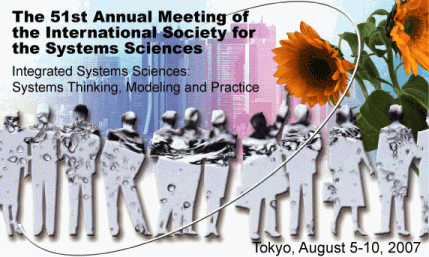Technological Diffusion of Residential Photovoltaic (PV) Systems in Japan
Keywords:
Diffusion, Photovoltaic, Technological TrajectoryAbstract
1. Background and Purpose In recent years, environmental pollution and global warming have surfaced as issues. However, many of the renewable energy, supposedly effective in protecting against such issues, have low energy densities, meaning their use poses problems to be resolved in terms of scale up technologies and economic efficiency. A lot of research has been carried out on PV (Photovoltaic) technologies in the last 35 years but few researches have focused on the business activity. The purpose of this paper is to analyze the diffusion of Japanese residential PV systems by focusing on the value chain, technological trajectory and the interaction between technology and markets and to contribute to technology and energy policy recommendations 2. Framework and Methodology The business system approach, integrating the structural and process theoretical dimensions, is used for analyzing the residential PV business with particular focus on (1) Efficiency: How are choices made to convert inputs to outputs most effectively. (2) Effectiveness: How is value created for the customers in conjunction with WTP (willingness to pay) and the equilibrium induced among the stakeholders. As a methodology, the technological trajectory of PV was analyzed by a literature survey and qualitative analysis. A case study to analyze the running costs was carried out. Analysis of demand related factors of the residential PV customers was conducted based on the data obtained by a questionnaire (carried out by NEF: New Energy Foundation in Japan in 2004). 3. Findings (1) Technological imbalances in regard to the material of PV module were solved by technological innovation and hence enabled the improvement in the performance and the cost. The innovations in PV were used in the grid connected installations on house’s roofs so that it was possible to obtain scale economies. (2) In the case of PV installation for private use, there are motive factors other than an economical efficiency factor. 4. Significance and Implication The diffusion of residential PV has reached in the take off phase. It becomes important for us to encourage strengthening satisfactory factors and to prevent aggravation of dissatisfied factors for shifting from the early adopters to early majority stage. Public relations activities that stimulate individual environmental awareness and establishing an institutional electric power buyback program are necessary.Published
2007-07-31
How to Cite
INOUE, yoshinori, & Miyazaki, K. (2007). Technological Diffusion of Residential Photovoltaic (PV) Systems in Japan. Proceedings of the 51st Annual Meeting of the ISSS - 2007, Tokyo, Japan, 51(2). Retrieved from https://journals.isss.org/index.php/proceedings51st/article/view/752
Issue
Section
Systems Applications in Business and Industry

